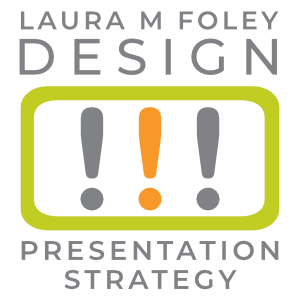Two simple words can undermine your messages and set people up to think less of what you’re saying. Yet people use these filler words all the time.
The Two Words
The two words are “I/I’m” and “just.” As in
“I just want to say that…”
“I just thought that…”
“I’m just a…”
Whenever I hear people saying “I’m just…” and “I just…” I cringe! I’m in the business of helping people to become more confident public speakers and communicators, and the phrases “I just” and “I’m just” don’t project confidence.
These two simple words quickly and efficiently undermine any message that follows them. But for many people, “I/I’m just…” are filler words they don’t even realize they’re using, similar to when they pepper their conversations with “you know,” “like,” and “kind of.”
Let’s recognize how “I/I’m just…” can creep into your vocabulary and discuss ways to banish them for good!
Sharing your knowledge
When we’re sharing our knowledge or relating how our experiences inform our decision making, we sometimes don’t want to overstep our bounds, correct somebody who’s wrong, or generally make waves. Here’s a scenario:
Frank: We should close the store next Sunday to take inventory.
Marta: I just want to say for the record that next Sunday is the Townwide Yard Sale.
Marta knows that people attracted to the Townwide Yard Sale tend to spend money at local stores and that they could potentially miss out on a moneymaking opportunity by being closed. But she’s leaving it to Frank to connect the dots. Here’s how she could tell Frank more authoritatively that closing the store would be a bad idea:
Frank: We should close the store next Sunday to take inventory.
Marta: Frank, the Townwide Yard Sale’s next Sunday. If we’re closed, we’ll lose out on all the business the out-of-towners usually bring that day.
Now, Marta is sharing her experience-based knowledge in a straightforward, non-confrontational way.
The next time you have information that can help people make more informed decisions or if there’s an opportunity to correct inaccuracies that could have future effects, leave “I/I’m just…” out of the conversation!
Creating the illusion of not being qualified
“I don’t know, I’m just an intern.”
“I enjoy cooking but I’m just a home cook, not a professional chef.”
“I’m just a mom; I don’t know anything about finances!”
Of all the self-defeating phrases, “I’m just” tops them all. It makes me crazy that some people characterize themselves as a stereotypical whatever who’s unqualified to offer an opinion! I believe everybody has a wealth of information gathered over lifetimes of experience! Outsiders’ viewpoints often bring different, valid perspectives that the experts can overlook.
Here’s how I’d like to hear those quotes:
“I started working here only recently, so I don’t have that information for you right now. But I’ll find out and get back to you later!”
“I love cooking exotic meals for my family! And I just took a knife skills class where I learned some great techniques!”
“As you can see on my résumé, I’ve spent the last ten years performing financial services for my family. I developed and executed a budget based on the reduced income that resulted from my temporary departure from the workforce. I also established and contribute regularly to an IRA, a 529 plan, and our savings account. We’ve not only survived on one paycheck, we’ve thrived because I’m very diligent about keeping us on track!”
You see? We may not be professionals or experts, but we have experience and skills that can inch us toward those goals!
Words matter
The words we use to express ourselves affect how we’re perceived by other people. Help people to focus on what you’re saying, not how you’re saying it by ditching “I/I’m just” from your vocabulary!


